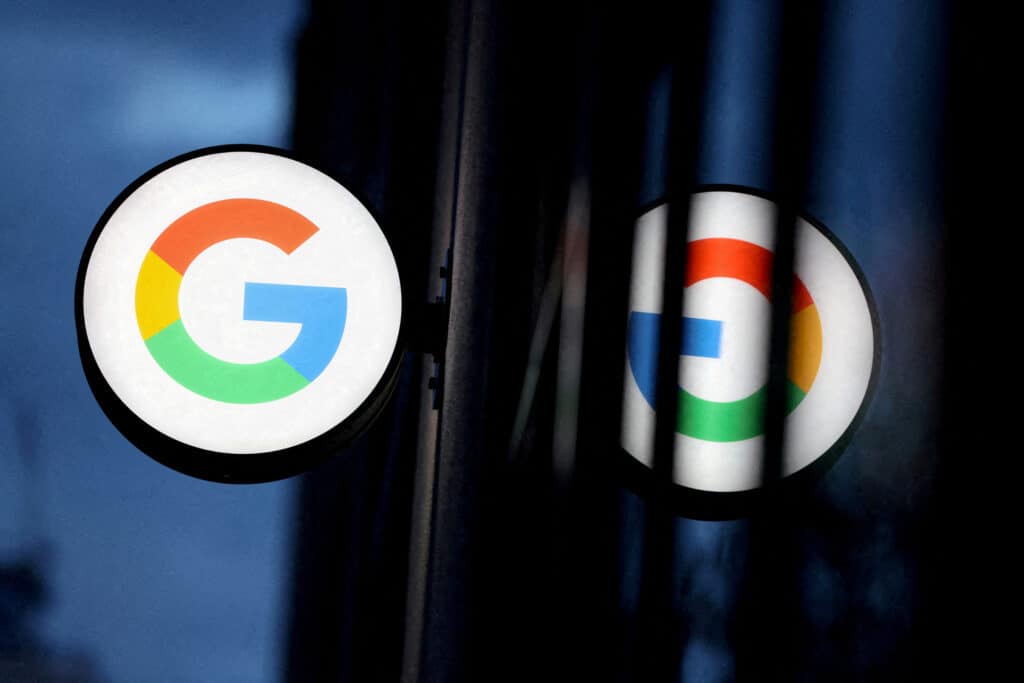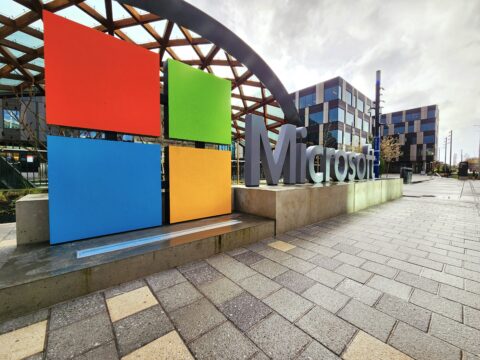Contents
Google Shares Drop: Google, the long-uncontested king of search, has seen its dominance weaken as evidenced by a recent drop in share prices. This decline coincides with a surge in Bing’s popularity, fueled by Microsoft’s aggressive integration of advanced artificial intelligence (AI) technology into its search engine.
Google shares drop as Bing surges in popularity with its AI-powered search engine, sparking a shift in the search landscape. future of search is in question.
— tradingcompass.io (@TradingcompassI) May 13, 2024
to read more check the link in biohttps://t.co/aW0puqhpNk
For over two decades, Google has reigned supreme in the search landscape, capturing a staggering market share that often hovered above 90%. However, data from web analytics firm StatCounter reveals a significant shift. As of April 2024, Google’s share of the North American search market has dipped to 79.89%, its lowest point since 2009. This seemingly small decrease translates to a tangible loss of market dominance, reflected in a recent drop in Google’s share price.
While Google still maintains a significant global market share of 86.99%, this figure too has shrunk from over 93% a year ago. Conversely, Bing has experienced a notable rise, climbing from around 2.8% to 3.37% in the same period. This upward trajectory for Bing coincides with a period of intense investment by Microsoft in AI-powered search technology.
Bing’s AI Gambit: A Conversational Search Revolution
In early 2023, Microsoft made a bold move by incorporating the powerful GPT-4 language model into Bing. This integration transformed Bing from a simple keyword-matching engine into a sophisticated tool capable of understanding natural language and providing more intelligent and conversational search results. Users can now engage in a dialogue with Bing, asking complex questions and receiving comprehensive answers delivered in a clear and concise manner.
The impact of Bing’s AI features was immediate. Just a month after launch, Microsoft announced that Bing had surpassed 100 million daily active users for the first time. This surge in user engagement was further amplified by the full rollout of AI-powered search in May 2023. The expanded features included visual search elements, the ability to upload images for context-specific queries, and a revamped interface for the Edge browser, creating a more seamless user experience.
The success of Bing’s AI-powered search is particularly evident on desktop devices where it now holds a 10.17% share compared to Google’s 89.83%. Google Shares Drop highlighting the appeal of Bing’s conversational search format, especially for users who prefer a more interactive and natural way to navigate the web.
Yahoo Rides the AI Wave: A Bing-Powered Resurgence
The benefits of Microsoft’s AI investment extend beyond Bing. Yahoo, which utilizes Bing’s search technology under the hood, has also seen a resurgence. Yahoo now captures a 6.33% share of the North American search market, with a desktop share of 2.60%. This revitalization demonstrates the potential of AI to breathe new life into established search platforms.
The Future of Search: An AI-Driven Landscape
While Google remains the global leader in search, its grip on the market is demonstrably loosening. Google Shares Drop reflecting investor concerns about the company’s ability to adapt to the evolving search landscape. It’s clear that AI is transforming how users interact with search engines, and Bing’s success with its conversational search format is a wake-up call for Google.
Google is not sitting idly by. The company is undoubtedly working on its own AI-powered search technology. However, the vast lead Google enjoys, particularly on mobile devices, may not be enough to completely shield it from the disruption caused by Bing and Yahoo’s AI advancements. The coming years will likely see an intensification of the battle for search supremacy, with AI playing a central role in determining the ultimate victor.
The ramifications of this competition extend far beyond search engines themselves. As AI becomes the cornerstone of search, it will fundamentally reshape how we access and interact with information online. This evolution has the potential to redefine the digital landscape entirely, with implications for everything from content creation to e-commerce and beyond.








